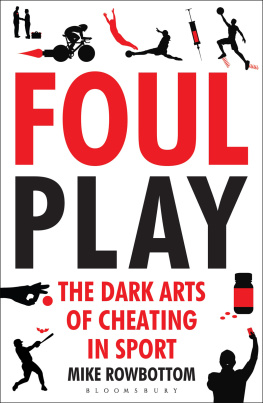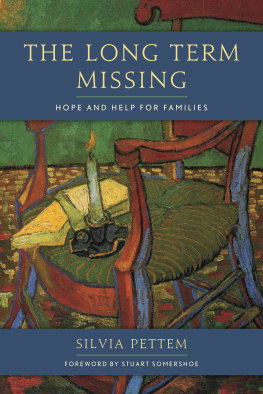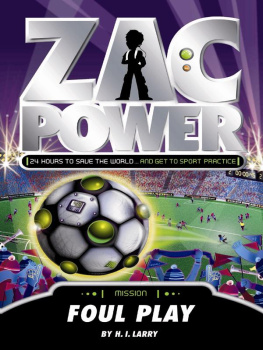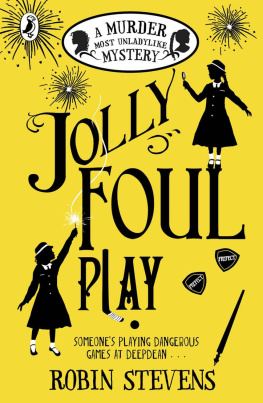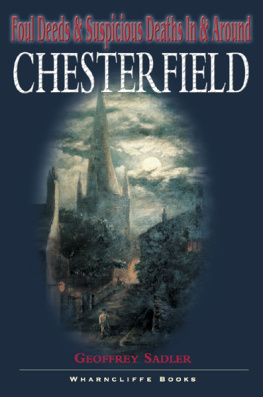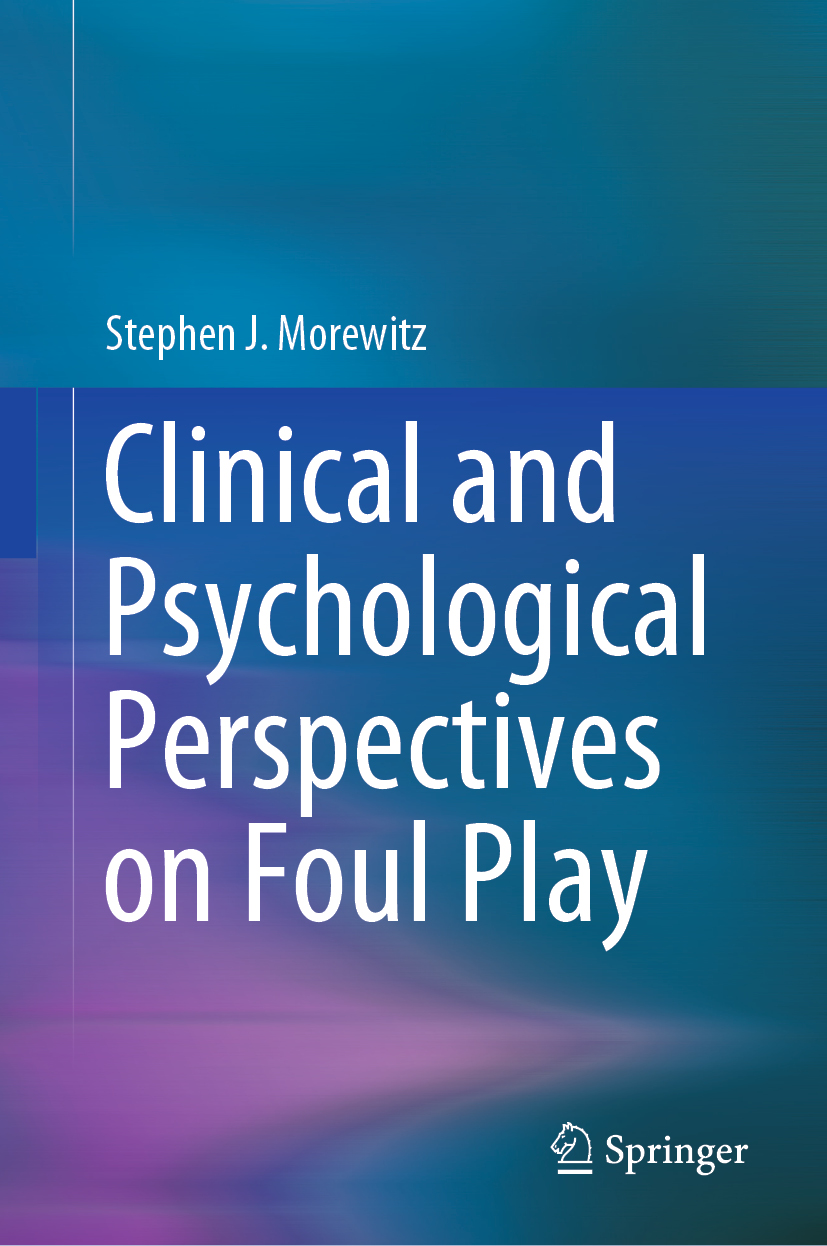Stephen J. Morewitz
Clinical and Psychological Perspectives on Foul Play
Stephen J. Morewitz
Department of Nursing and Health Sciences, California State University, East Bay, San Francisco, CA, USA
ISBN 978-3-030-26839-8 e-ISBN 978-3-030-26840-4
https://doi.org/10.1007/978-3-030-26840-4
Springer Nature Switzerland AG 2019
This work is subject to copyright. All rights are reserved by the Publisher, whether the whole or part of the material is concerned, specifically the rights of translation, reprinting, reuse of illustrations, recitation, broadcasting, reproduction on microfilms or in any other physical way, and transmission or information storage and retrieval, electronic adaptation, computer software, or by similar or dissimilar methodology now known or hereafter developed.
The use of general descriptive names, registered names, trademarks, service marks, etc. in this publication does not imply, even in the absence of a specific statement, that such names are exempt from the relevant protective laws and regulations and therefore free for general use.
The publisher, the authors and the editors are safe to assume that the advice and information in this book are believed to be true and accurate at the date of publication. Neither the publisher nor the authors or the editors give a warranty, expressed or implied, with respect to the material contained herein or for any errors or omissions that may have been made. The publisher remains neutral with regard to jurisdictional claims in published maps and institutional affiliations.
This Springer imprint is published by the registered company Springer Nature Switzerland AG
The registered company address is: Gewerbestrasse 11, 6330 Cham, Switzerland
Preface
Thousands of people die under suspicious circumstance each year. These individuals die on the street and in other settings such as hospitals, nursing homes, jails, prisons, military facilities, and educational institutions. Foul play is involved in fires, drug overdoses, missing person events, cemetery damage, and other incidents every year.
Clinical and Psychological Perspectives on Foul Play is the first title to examine conditions that may influence the ways in which law enforcement and other forensic professionals suspect foul play in cases involving deaths, missing persons, bomb threats, cemetery vandalism, and other situations.
This book will address such questions as: To what extent do socioeconomic status factors influence suspicions about the foul play? To what degree do race, ethnic, gender, age, and other demographic factors trigger the police consideration of possible foul play? To what extent do the characteristics of different social, community, and organizational settings influence the ways in which law enforcement and other forensic professionals suspect foul play? How do technological factors such as DNA and information technology affect the effectiveness of police investigations involving possible foul play?
This book also analyzes the effects of family pressure on the police and forensic specialists. For example, family members of missing persons may become concerned that police are not doing enough to search for their missing family members, and these left-behind family members may organize search parties and media campaigns to help locate their missing loved ones.
In addition, cases involving foul play may lead to changes at the local, state, and national levels such as the development of new laws, policies, and training procedures in institutions and community settings to assist in identifying possible foul play in incidents.
Research findings from the Foul Play Project (FPP), the Missing Persons Project (MPP), Domestic Violence Project (DVP), and Stalking and Violence Project (SVP) are used to help evaluate these issues. Chapter , the uncertainties surrounding children who are abducted by their parents or go missing during child custody are examined.
Other chapters assess the effects of social, psychological, technological, organizational, cultural, community, family, media, and financial factors on the degree to which the police and forensic scientists suspect foul play. The chapters evaluate crime staging, false police reports, and crime hoaxes, which increase uncertainty in deciding whether crimes have occurred. In addition, the psychosocial effects of crimes and related media coverage are analyzed.
Stephen J. Morewitz
San Francisco, USA
Contents
About the Author
Dr. Stephen J. Morewitz
is President of the consulting firm, Stephen J. Morewitz, Ph.D., and Associates, San Francisco and Tarzana, CA, which was founded in 1988. He is Founder and President of the Forensic Social Sciences Association. He is Lecturer in the Department of Justice Studies and Department of Sociology and Interdisciplinary Social Sciences, San Jose State University, and is Lecturer in the Department of Health Sciences, California State University, East Bay. He has been on the faculty or staffs of Michael Reese Hospital and Medical Center, University of Illinois at Chicago, College of Medicine and School of Public Health, and the California School of Podiatric Medicine. He, a triple-certified forensic social scientist, is the award-winning author of 13 books and many other publications. His books include the award-winning Handbook of Forensic Sociology and Psychology (co-edited with Dr. Mark L. Goldstein) (New York: Springer, 2014), the award-winning Death Threats. New Research and Clinical Perspectives (New York: Springer Science+Business Media, LLC, 2010), the award-winning Domestic Violence and Maternal and Child Health (New York: Kluwer Academic/Plenum Publishers/Springer Science+Business Media, LLC, 2004), the award-winning Stalking and Violence. New Patterns of Trauma and Obsession (New York: Kluwer Academic/Plenum Publishers/Springer Science+Business Media, LLC, 2003), and Sexual Harassment and Social Change in American Society (Bethesda, MD: Austin & Winfield, Rowman and Littlefield Publishing Group, 1996). In 2010, he was named San Jose State University Scholar Presenter for his book, Death Threats. New Research and Clinical Perspectives (New York: Springer Science+Business Media, LLC, 2010).
Springer Nature Switzerland AG 2019
Stephen J. Morewitz Clinical and Psychological Perspectives on Foul Play https://doi.org/10.1007/978-3-030-26840-4_1
1. Death Investigations
Stephen J. Morewitz
(1)
Department of Nursing and Health Sciences, California State University, East Bay, San Francisco, CA, USA
Stephen J. Morewitz
Email:
Keywords
Death incidents Death investigations Medical examiners Coroners Foul play Law enforcement responses Media, family responses Traumatic effects Stigma Victim characteristics
Police, medical examiners , and coroners may have difficulty determining if deaths involve foul play (Allen & Pierce, ). Determining foul play in death incidents can be very difficult because of individual, family, social, behavioral, and political uncertainties and pressures surrounding deaths in different indoor and outdoor areas.



